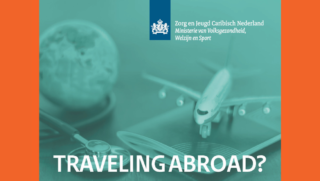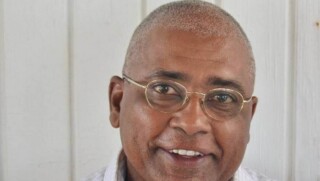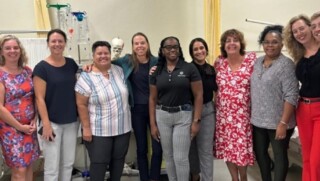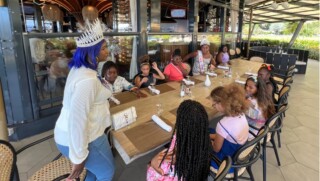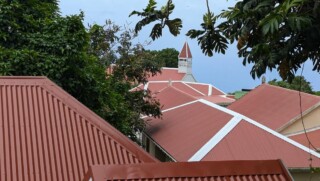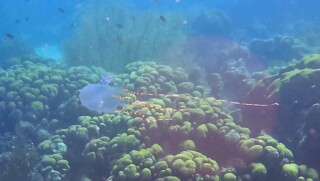Study should form the basis for Official Language Policy Bonaire
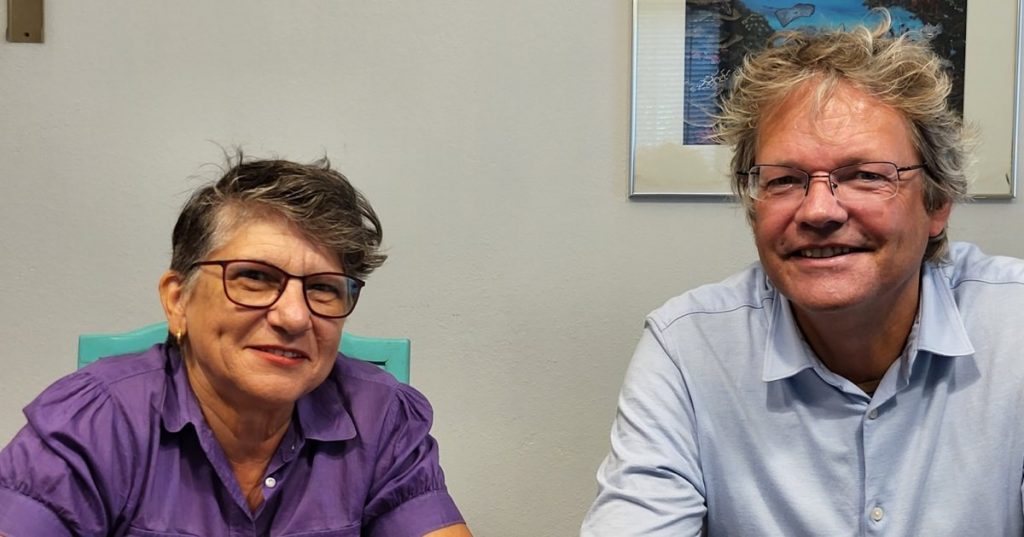
KRALENDIJK- A study is currently being finalized on Bonaire, that should form the basis for the establishment an ‘official language policy’ on the island. This is necessary, because the island is devoid of a language policy since the dismantling of the Netherlands Antilles.
ABC Online Media on Monday spoke extensively with Elsmarie Beukenboom, of the Fundashon Akademia Papiamentu and Erik Mijts of the University of Aruba. Mijts, together with colleagues Nick Faraclas (University of Puerto Rico) and Ellen-Petra Kester from the University of Utrecht, are conducting the study on the island.
“The problem is that, every time we ask the attention of policymakers or a Dutch Ministry, we hear that there has been no official language policy on Bonaire since 10/10/10 and that thus, nothing much can be done to protect the Papiamentu language” says Beukenboom.
After talks with Education Commissioner Nina den Heijer, the Public Entity Bonaire (OLB) provided the necessary budget to conduct a study among the population. The results of that study and conclusions that can be drawn from it should form the basis for a new policy to be determined.
Instruments
According to Mijts, various instruments have been used for the purpose of the investigation. “We have set up a Survey, which was completed by about 660 respondents”. But the researchers also went to schools. There, students did a self-assessment of how well or how poorly they master the main languages on the island. Attention is paid to how well or how badly people speak, write and read the various languages.
The first results of the study will soon be shared with the Executive Council, after which broader feedback to society will take place.
Danger
Mijts says that the research and the theme are important. “There is a danger that an increasing group of citizens will become marginalized, because they do not master the dominant language on the island”. According to Mijts, anyone who looks at the figures from the Central Bureau of Statistics (CBS) will be able to understand that the danger that Papiamentu will become a minority language within a few years is increasing.
A striking fact that the researchers found is that increasingly large groups of employees within organizations such as the Dutch Caribbean Police Force (KPCN) and the Fundashon Marialdal indicate that they spend a considerable part of the working day translating back and forth between Papiamento speakers and those who do not speak that language. As a result, they get less and less time to do the actual work. “That can never be the intention,” says Mijts.
Once it is clear how things are and what the main bottlenecks are, the Fundashon Akademia Papiamentu wants to commit itself to the effective protection of the language. “There has been talk for some time with BZK about the fact that officials who are sent to the islands should at least have a basic knowledge of Papiamentu,” says Beukenboom.


